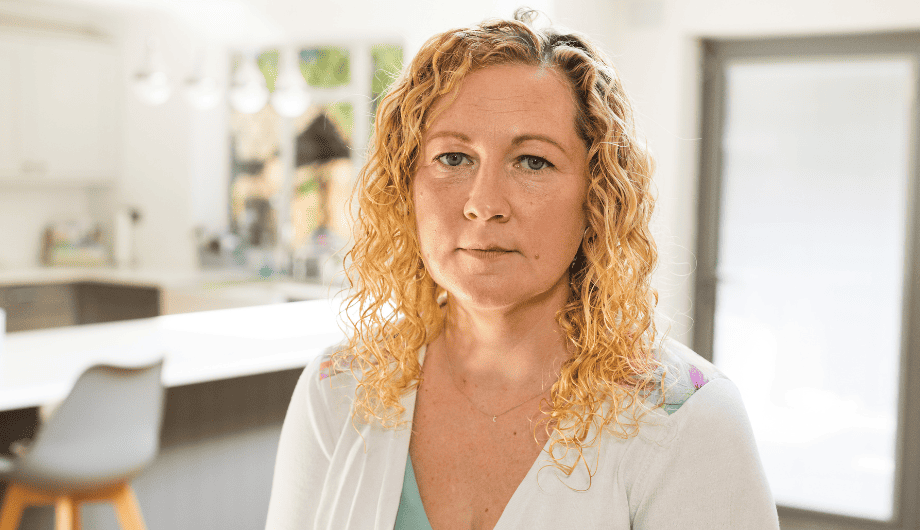
Saïna’s story – A song for my beloved grandpa, Ralph
Saïna opens up about how her grandfather’s dementia has affected her, and how songwriting has provided a release.
People with dementia may not always recognise when they are thirsty or be able to express their thirst. This may mean that they do not drink enough and become dehydrated.
For people with dementia, dehydration may:
People with dementia may:
It is important to recognise the signs of dehydration so you can take steps to help the person with dementia to drink.
If any of these symptoms occur, you can try the tips below. If they do not improve, contact the person’s GP or phone NHS 111 for advice.
If the person has any of these signs of severe dehydration, they may need immediate treatment. You should request an urgent GP appointment, take them to A&E or call 999 for an ambulance.
If, despite trying these tips, the person with dementia is not drinking enough – or at all – speak to their GP for advice.
As a person with dementia nears the end of their life, their body no longer has the same need for food and drink.
Giving fluids through a drip or feeding tube can cause distress, so at this stage, it is often better to focus on offering drinks for comfort and enjoyment.
To speak to a dementia specialist Admiral Nurse about hydration or any other aspect of dementia, please call our free Dementia Helpline on 0800 888 6678 (Monday-Friday 9am-9pm, Saturday and Sunday 9am-5pm, every day except 25th December), email helpline@dementiauk.org or you can pre-book a phone or video call with an Admiral Nurse.
Our virtual clinics give you the chance to discuss any questions or concerns with a dementia specialist Admiral Nurse by phone or video call, at a time that suits you.

Saïna opens up about how her grandfather’s dementia has affected her, and how songwriting has provided a release.

Ricky’s talks about how his Gran’s dementia diagnosis impacts his whole family and why he is supporting the ‘We live with dementia’ campaign.

As a carer for her mum, who has vascular dementia, Clare is taking part in our ‘We live with dementia’ campaign to make more people aware of the support our nurses offer.